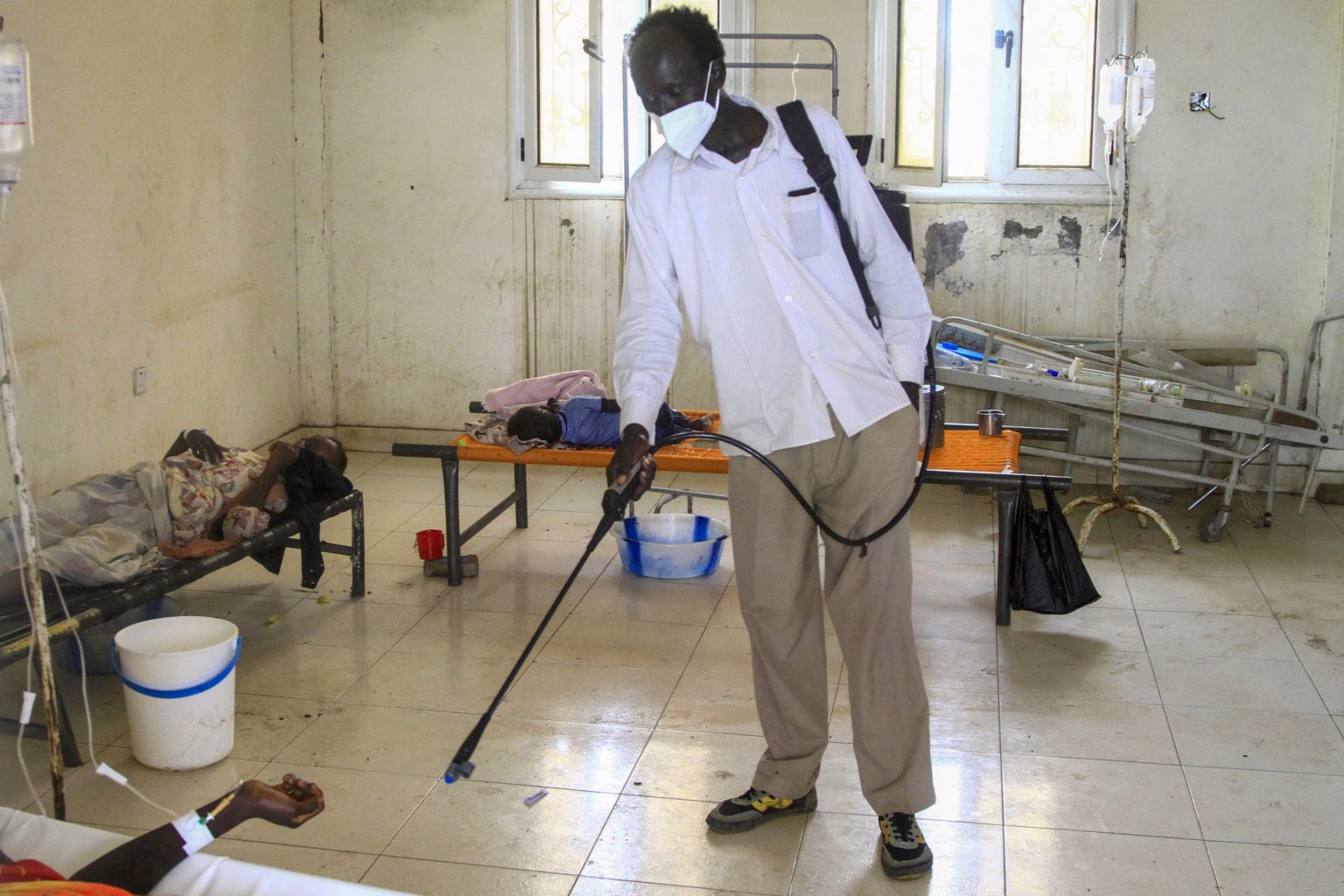Sudan is facing a worsening cholera outbreak that has resulted in the death of approximately two dozen people and the sickness of hundreds more, according to the country’s health minister, Haitham Mohamed Ibrahim. Reports from the World Health Organization (WHO) indicate that as of late July, 78 deaths were recorded in Sudan due to cholera, with 2,400 other individuals falling ill to the disease. Ibrahim declared cholera an epidemic in Sudan, citing adverse weather conditions and contaminated drinking water as contributing factors to the outbreak. WHO describes cholera as a highly virulent disease spread through contaminated food and water, leading to severe diarrhea that can be fatal if untreated.
The outbreak of cholera comes as Sudan continues to grapple with significant challenges, including heavy flooding that has displaced over 100,000 people. Ibrahim’s announcement follows a warning from U.S. officials about the potential for a mass famine in Sudan, driven by ongoing conflict and blocked humanitarian aid that could lead to devastating consequences. The Integrated Food Security Phase Classification concluded that famine is present in the Zamzam camp in North Darfur, marking only the third time the committee has classified a situation as such. The civil war between the Sudanese Armed Forces and Rapid Support Forces has been ongoing for over a year, resulting in significant humanitarian consequences, including widespread displacement and loss of life.
International rights groups have raised concerns about mass atrocities occurring in Sudan, including rape and ethnically motivated killings that could amount to war crimes and crimes against humanity. The Famine Review Committee highlighted conflict and lack of humanitarian access as primary factors driving famine in the Zamzam camp, with fighting factions blocking essential aid from reaching vulnerable populations. U.S. Aid administrator Samantha Power condemned the deliberate use of starvation as a weapon of war by the Sudanese Armed Forces and Rapid Support Forces, with external support enabling the continuation of these tactics.
The situation in Sudan underscores the urgent need for international intervention to address the humanitarian crisis unfolding in the country. With critical infrastructure damaged by flooding, a cholera epidemic threatening public health, and famine looming over vulnerable populations, coordinated efforts are required to provide emergency assistance and support to those in need. The United Nations and other humanitarian organizations must work together to ensure access to essential services, including healthcare, clean water, and food, while pressuring warring factions to cease hostilities and allow for the safe delivery of aid. The international community must remain committed to addressing the root causes of conflict and instability in Sudan to prevent further suffering and loss of life.
Overall, the combination of conflict, natural disasters, and health crises in Sudan paints a dire picture of the challenges facing the country’s population. Immediate action is needed to mitigate the impact of the cholera outbreak, address the underlying causes of famine, and protect vulnerable communities from further harm. The international response to Sudan’s crisis will be a critical test of the global community’s commitment to upholding humanitarian values and preventing atrocities in conflict-affected regions. By working together to provide essential support and advocacy, it is possible to alleviate suffering and create opportunities for lasting peace and stability in Sudan.








